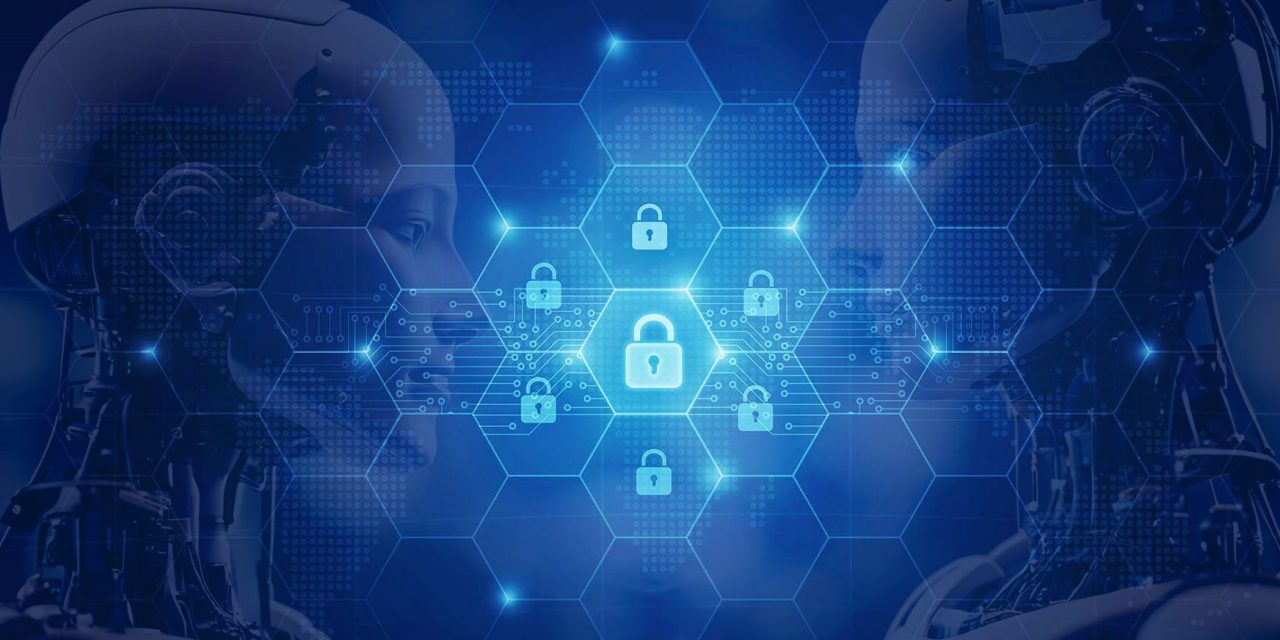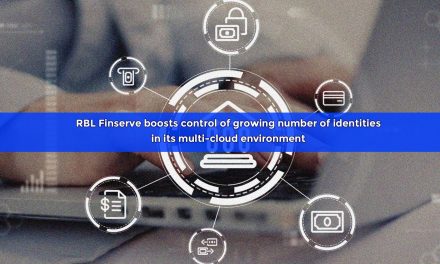Respondents in one survey were found to have been simultaneously optimistic about GenAI’s benefits and risks
In an Dec 2023 and Jan 2024 survey of 1,650 security executives around the world*, on how AI has been impacting respondents’ effectiveness at cybersecurity, some key findings for Australia, India, Japan and Singapore were noted from the data.
First, compared to their other respondents in the Asian region, Japanese respondents (54%) were more likely to indicate that cybersecurity requirements were getting harder to keep up with, versus 46% globally.
Second, respondents from Australia were more likely (44%) to “strongly agree” to prompts that “geopolitical stress exacerbates cyberattacks” compared to the 29% of other respondents from around the world.
Third, respondents in India were the most optimistic about how generative AI will help them: 51% expected defenders to gain a bigger advantage, versus 43% globally.
Other findings
Fourth, 36% of respondents from Singapore were focused on AI initiatives, compared to 44% globally. Also:
- Compared to other countries, respondents from India had the highest percentage (66%) rating their security programs as “extremely advanced,” compared to 47% globally. They also indicated higher rates of increased collaboration across internal teams — 58% with software engineering, 52% with engineering operations, and 78% with IT.
- 51% of respondents in India expected defenders to gain a bigger advantage with generative AI in their work, versus 43% globally.
- 56% of Australian respondents indicated having experienced state-sponsored attacks, versus 39% of other respondents.
- 72% of Australian respondents indicated they pivot too much between disparate security tools (compared to 43% globally), and 35% cited having issues with visibility across the attack surface (compared to 20% globally).
- 50% of Australia respondents also cited problematic detection, with typical mean-time to detection taking months, compared to 19% globally.
According to Jason Lee, CISO, Splunk, the firm that commissioned the survey: respondents were using generative AI “to build better cyber defenses, execute more informed decisions, and fill critical skills gaps. At the same time, at least one-third of respondents have no generative AI policies. And their biggest reported fear? AI-powered attacks.”
On the question of where generative AI will take the cybersecurity landscape, the survey authors note that “No one has a crystal ball, but security teams have been embracing traditional forms of AI like machine learning for some time, and 93% say these experiences will influence their future approach to generative AI.”
*from Australia, France, Germany, India, Japan, New Zealand, Singapore, the UK and the US, in 16 industries: aerospace and defense, business services, consumer packaged goods, education, financial services, government (federal/national, state and local), healthcare, life sciences, manufacturing, technology, media, oil/gas, retail/wholesale, telecom.

















